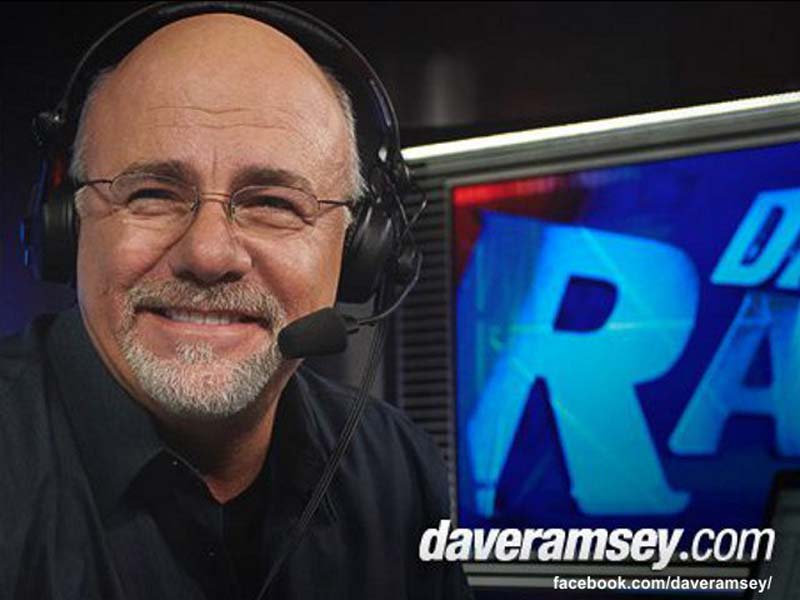Dave Says: Borrowers still have a moral obligation to repay their old debts
Dear Dave,

Should you still pay debts that are in collections, even if they have been dropped from your credit report? The one in question is from 2011, and I assume it isn’t showing on the credit report anymore because it’s nine years old.
Sam
Dear Sam,
There are two good reasons to go back and deal with this debt. One, even if it’s off your credit report, you may still legally owe the money. Even if the statute of limitations has run its course, things like this have a habit of popping up and causing problems at the worst possible times. About the time you decide to buy a home, this is liable to raise its head again and mess things up. So, the fact that something doesn’t appear on a credit report doesn’t mean you’re not legally liable, or that they won’t bother you about it later.
The second thing to think about is a simple matter of fact—you owe the money. Regardless of what the legal system or credit report says, you morally owe the money. I’d contact the creditor, and begins negotiations to settle the debt. You might be able to reach an agreement where they’d accept less than the original amount owed. Regardless, get any type of settlement offer in writing. That way, you’re truly cleaning up your life and getting rid of any financial skeletons in your closet!
—Dave
The simple thing is the right thing
Dear Dave,
I recently found out my former employer never stopped contributing to my health savings account (HSA). Apparently, this has been going on for about nine months, and they just sent me a form to sign so they can get the overpayment back. The amount totals a little over $1,000, so should I sign the papers or is there another way to handle this?
Ellie
Dear Ellie,
You know, if I were as incompetent as your former employer, I’d be too embarrassed to ask for the money back. But hey, the point is it’s not your money. Sign the forms, and let them take the money out. Keep an eye on your HSA balance, though, and make sure they take out only amount they overpaid—not one penny more or less.
Keep it simple, Ellie. You didn’t earn this money, and it wasn’t expected or agreed upon. It was a mistake, so just do the right thing. Control the scenario, and stay on top of this situation until everything is resolved correctly.
—Dave
Dave Ramsey is CEO of Ramsey Solutions. He has authored seven best-selling books, including The Total Money Makeover. The Dave Ramsey Show is heard by more than 16 million listeners each week on 600 radio stations and multiple digital platforms. Follow Dave on the web at daveramsey.com and on Twitter at @DaveRamsey.
-30-





